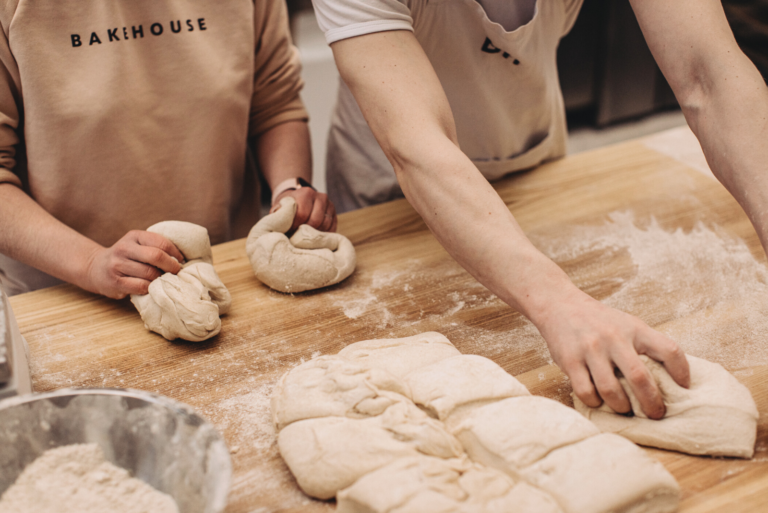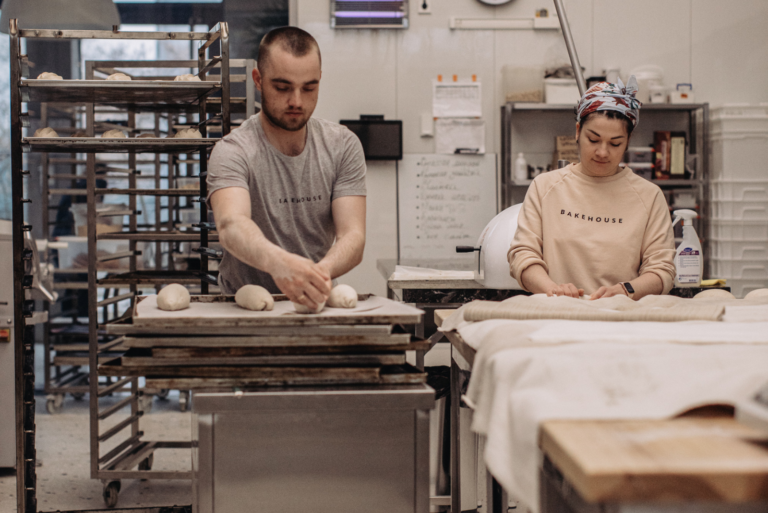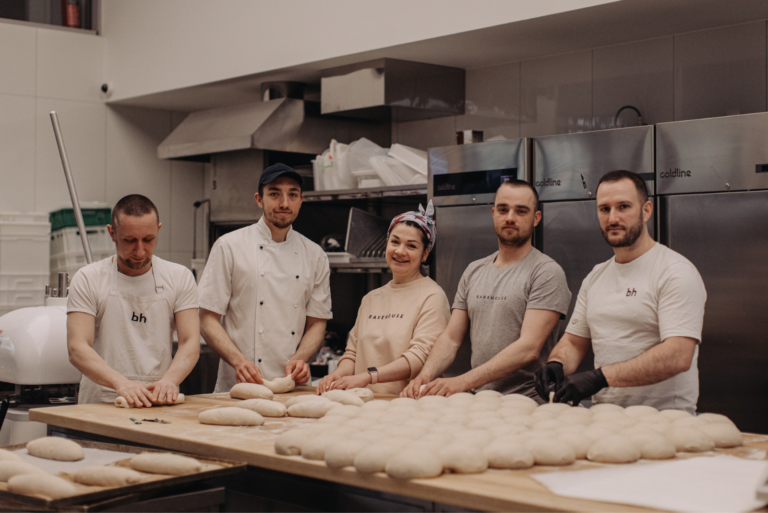KANSAS CITY, MO — Near the end of 2021, Kyiv, Ukraine-based Bakehouse bakery was bursting at the seams at its small production facility in the basement of Good Wine, a high-end food and wine shop located near the city center.
There, the bakery created premium baked goods such as artisan breads and pastries for restaurants and other wholesale customers as well as retail customers at Good Wine, which is also a sister company to Bakehouse, both owned by parent company Bureau of Wines.
“We grew from this business quite fast, and we decided to have our own brand and stand-alone business,” said Anna Makievska, founder of Bakehouse.

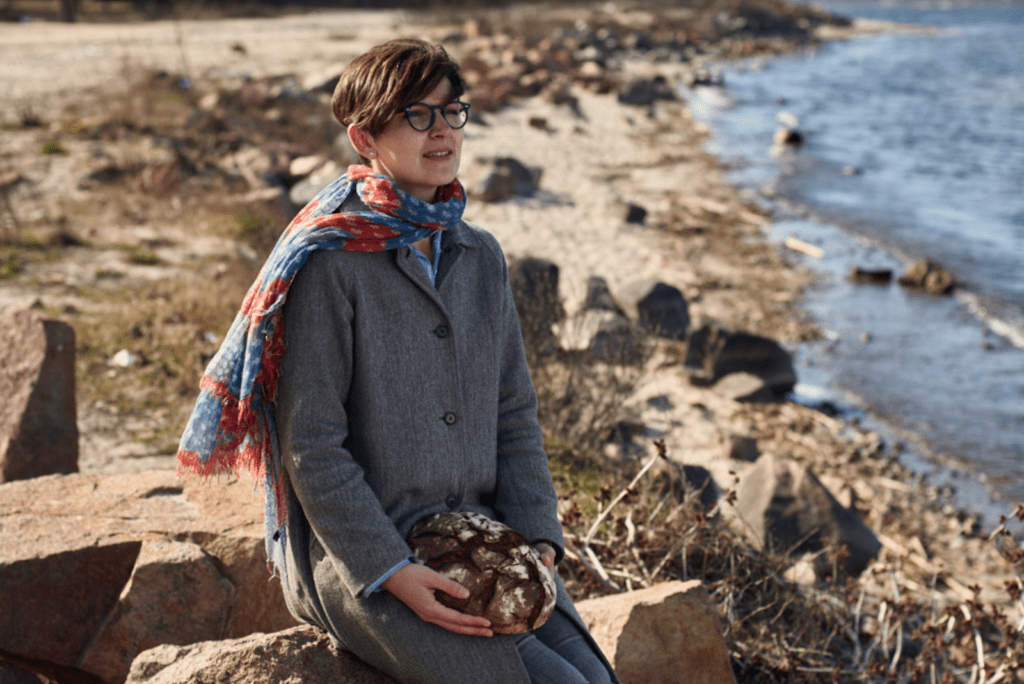
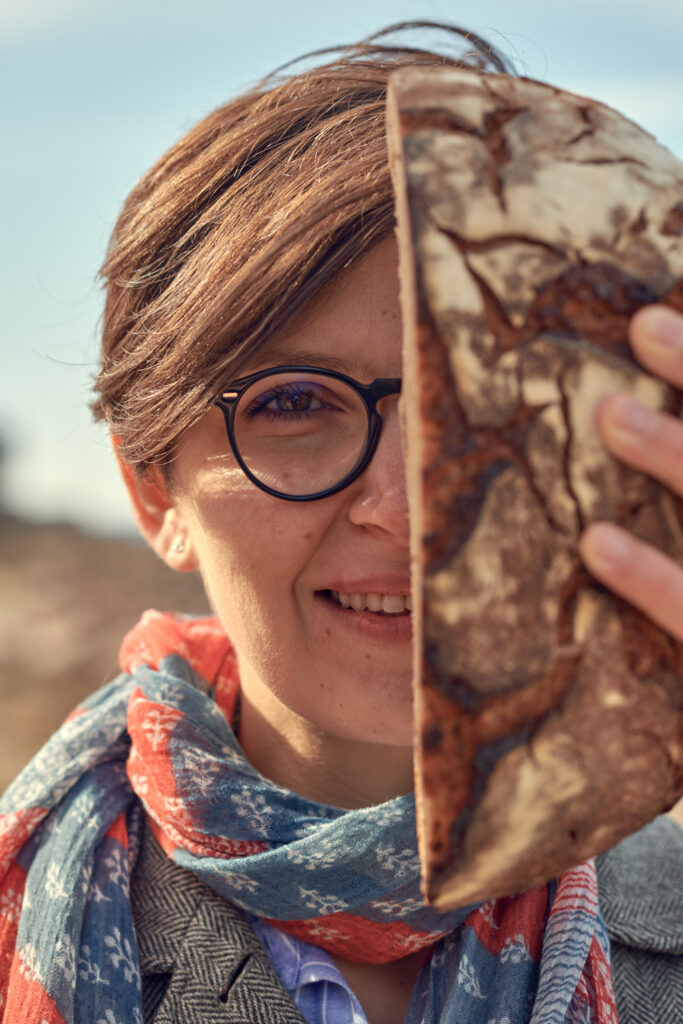 Currently, access to food is much easier for people in Kyiv, but Bakehouse is also supplying bread to a local restaurant providing free food to those who still need it.
Currently, access to food is much easier for people in Kyiv, but Bakehouse is also supplying bread to a local restaurant providing free food to those who still need it.